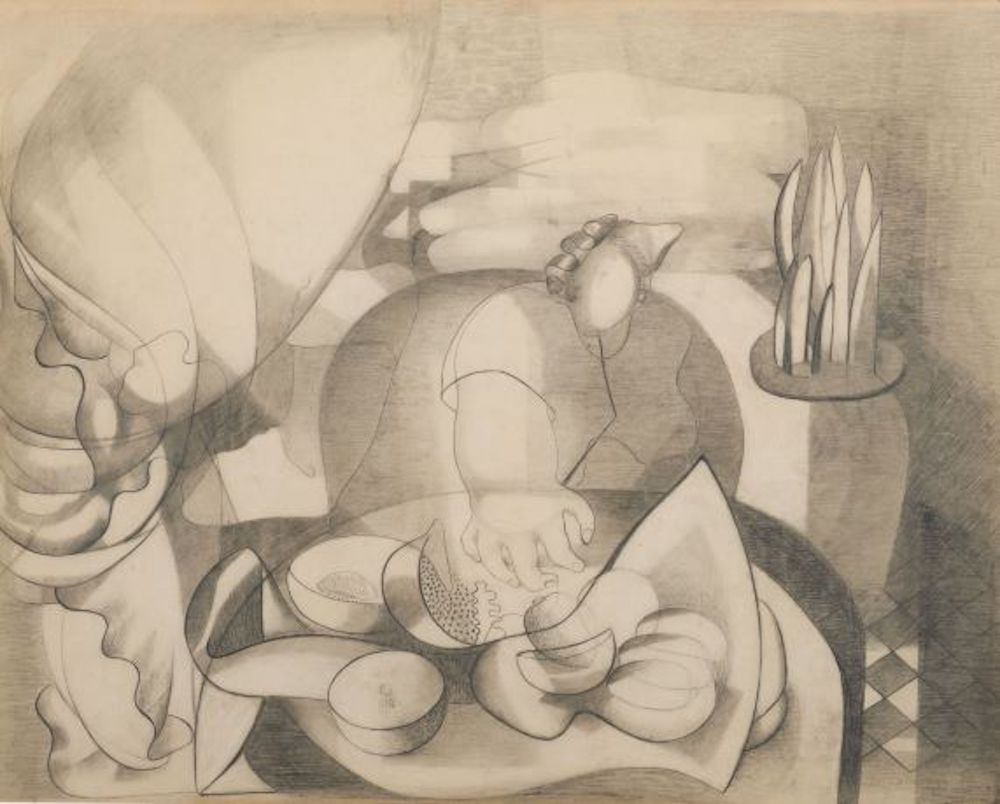Arquitectura de espacios cerrados (The Architecture of Closed Spaces)
Within the framework of Cuban modernism from 1930 to 1970, Cuban women played a significant role as generators of modernism’s planning and organizing ideology. Their work expanded into design, architecture, abstract painting, and political and spatial thinking. At this stage, the role of women artists was consolidated as that of protagonists in the production of artistic and social ideology supported by public and private institutions. Focusing on the work of Clara Porset, Amelia Peláez and Loló Soldevilla, this essay questions the notion of “innocence” often imposed on modernist women subjects in terms of the social and artistic ideological production they proposed and reclaims their role as agents of change.

